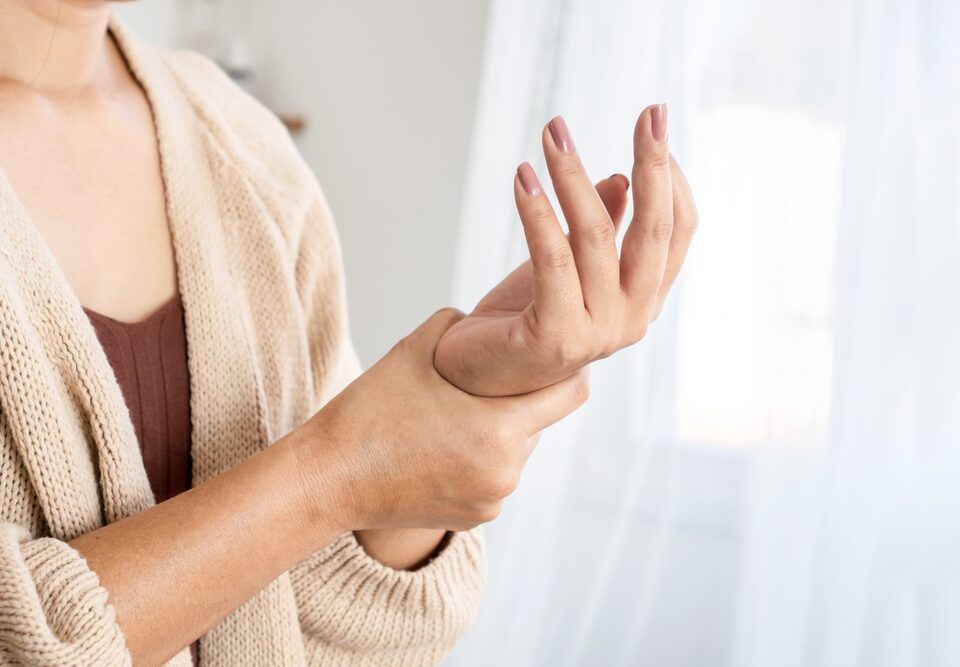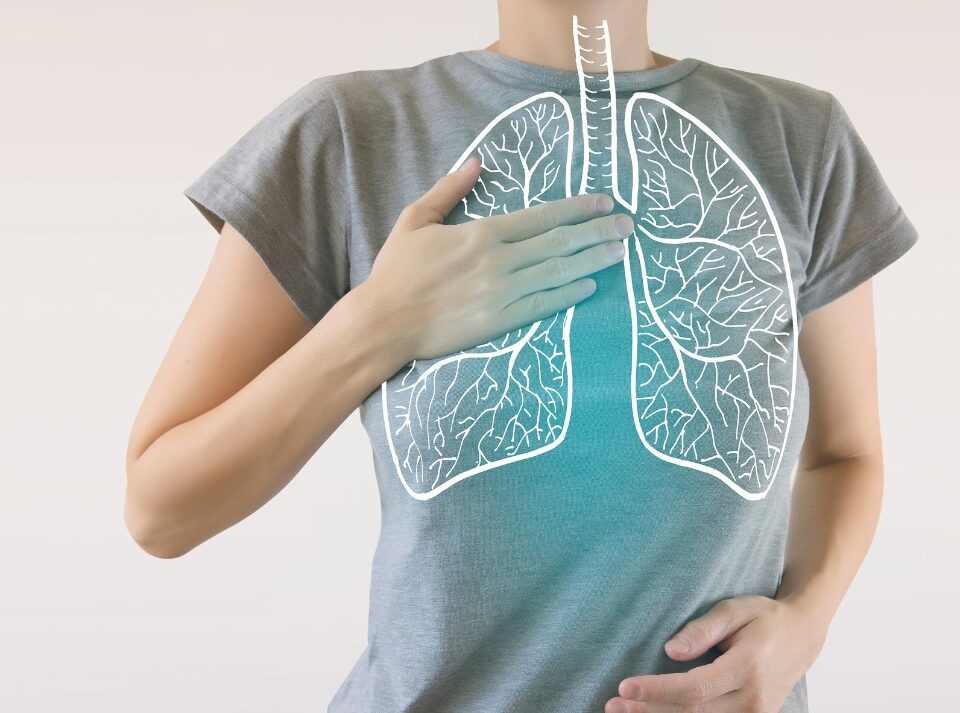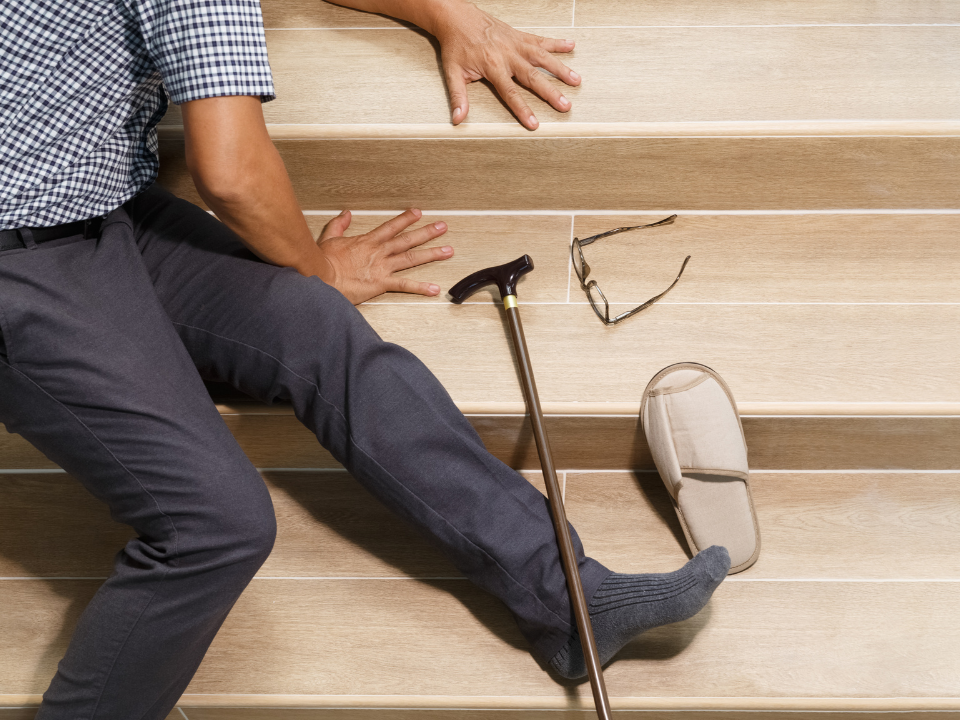- Personal-Touch Home Care
- customercare@pthomecare.com

7 Ways to Manage Your Arthritis Symptoms
June 7, 2023Getting older can be hard on our bodies and our minds. You may not feel as mentally sharp as you once did, and aches and pains become the norm rather than the exception. Thankfully there are easy ways to help control the effects of aging on your body. Here’s how to get started.
Make Fitness a Routine
Incorporating regular exercise into your routine can have an immensely positive impact on your overall well-being as you age. These positive effects can be especially pronounced when it comes to your cardiovascular system. As we age, our heart muscles can weaken. But incorporating regular moderately intense exercise into your life can improve your heart’s efficiency.
Exercise increases your heart rate, and getting your heart rate up regularly helps to keep your arteries flexible. Keeping your arteries flexible helps to control your blood pressure. And the great news is that it’s never too late to begin reaping the benefits of physical activity. A 2018 American Heart Association study found that even formerly sedentary individuals who begin a fitness routine can show dramatic improvements in heart health.
Eat Well for Health
Eating a balanced diet can prevent many health problems as we age, such as heart disease, stroke, osteoporosis, diabetes, and obesity. Maintaining a healthy diet can also help to support any medications that you are taking and keep your blood sugar levels regulated. Additionally, eating well can keep your mind sharp, help you maintain your energy level, and reduce your susceptibility to illness.
It can be hard to maintain a healthy diet as we age for a number of reasons. But this makes it all the more important to make every meal count by incorporating nutrient-dense foods. Lean proteins, fruits, vegetables, and whole grains should be consumed as frequently as possible while minimizing your intake of empty calories from sugars and fats is even more important than when you were younger.
Get Enough Sleep
Getting enough quality sleep is absolutely critical to your health, especially as you age. Sleep helps your body to heal, keeps you mentally sharp, and helps to reduce inflammation. Older adults who don’t sleep well are more likely to suffer from depression, lethargy, and memory problems.
As we age, our hormone levels change, often leading to changes in sleep patterns. Do what you can to maintain a regular schedule of waking and sleeping to reduce the chance of your sleep schedule being thrown off-kilter. And if you’re having a hard time shutting down at night, incorporating exercise into your day may help you feel more ready for bedtime.
Throughout your life, you’ve been told to exercise, eat healthy, and get enough sleep. There’s a very good reason for that. While none of these concepts are revolutionary, they are, without a doubt, the best ways to maintain your well-being as you age.



